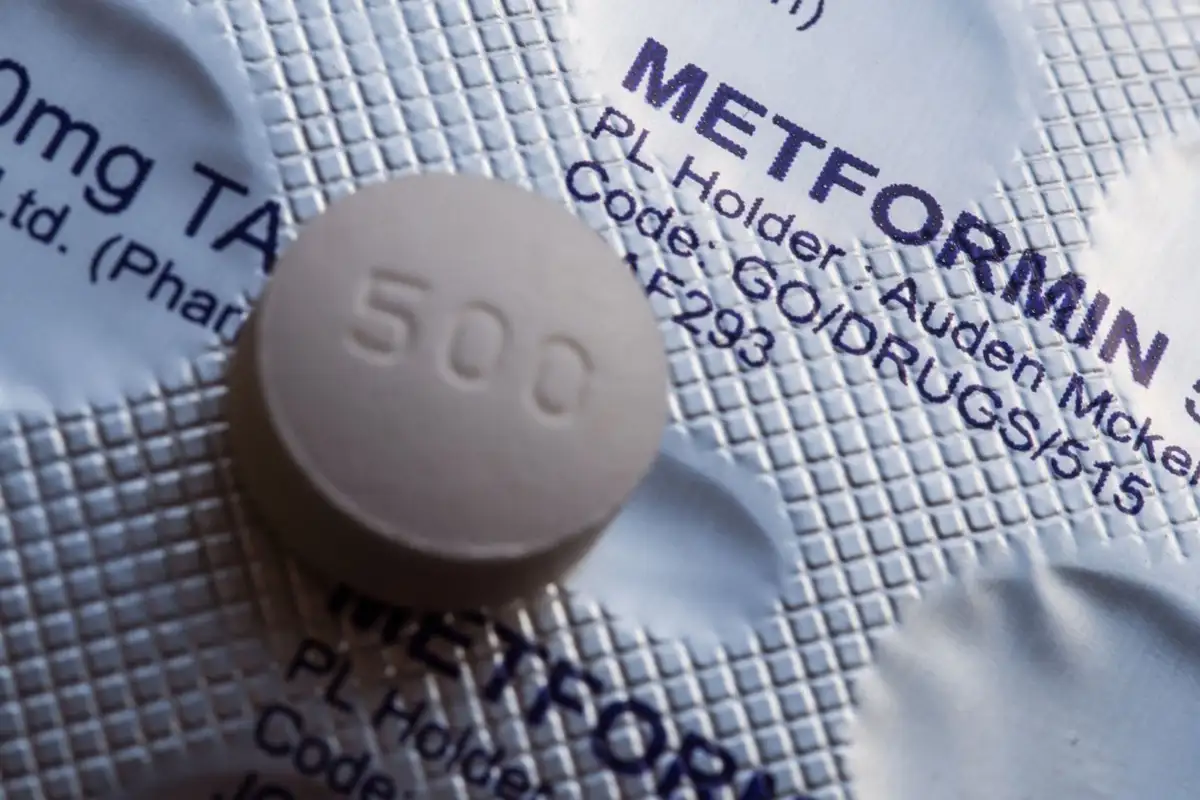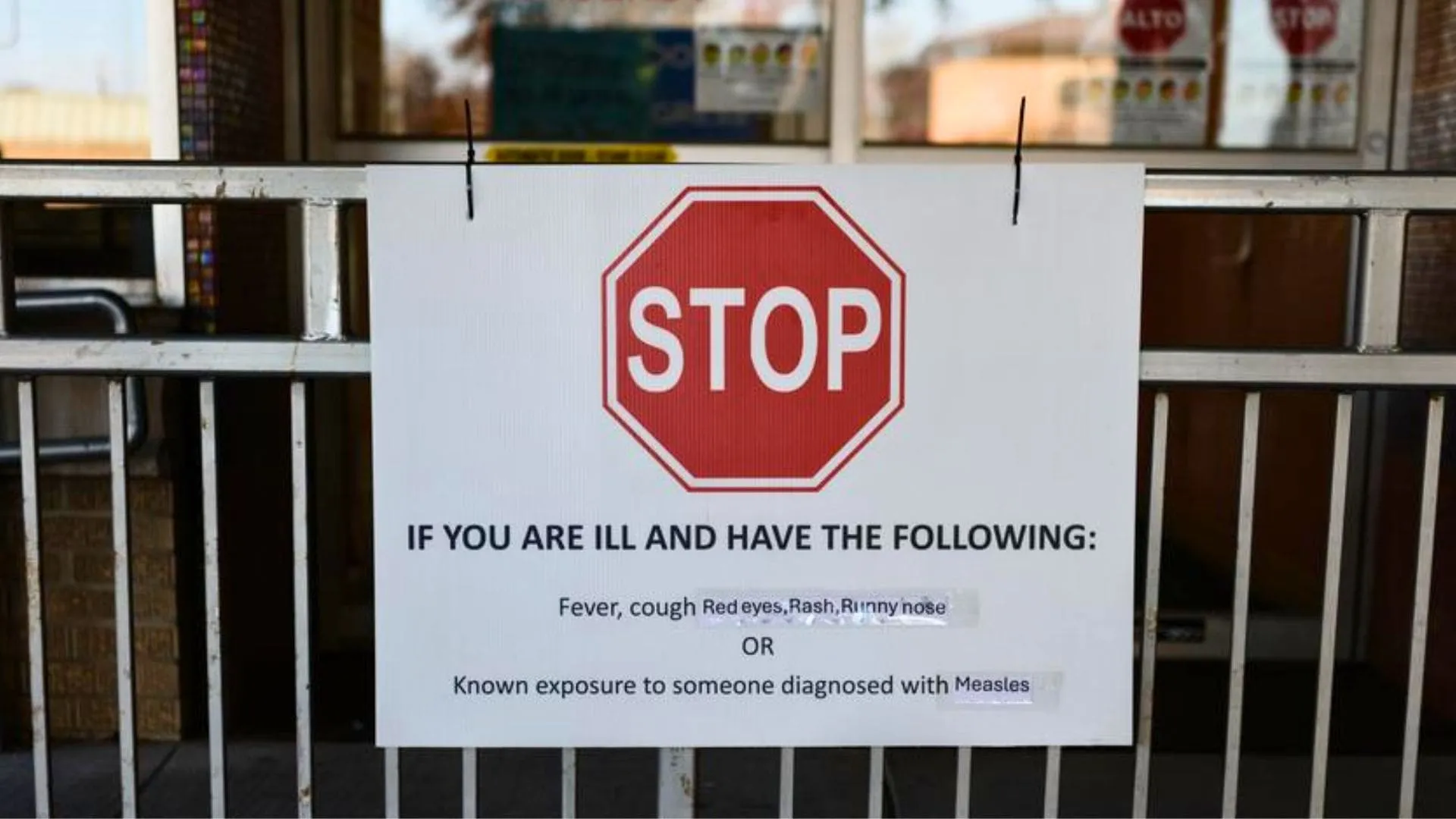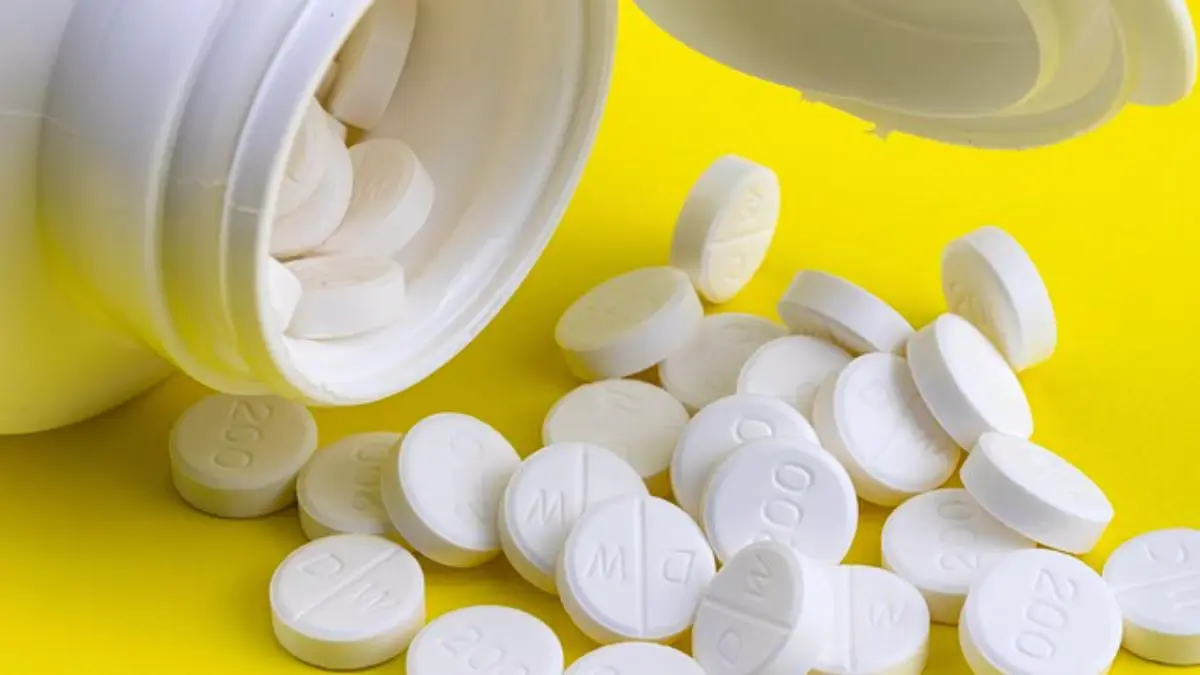Metformin, the widely prescribed drug for managing type 2 diabetes, has recently gained attention for its potential role in reducing the risk of non-melanoma skin cancers, specifically basal cell carcinoma (BCC) and squamous cell carcinoma (SCC). A groundbreaking study published in the Journal of Drugs in Dermatology sheds light on this unexpected benefit of metformin, potentially offering an additional reason for patients and healthcare providers to consider this drug as part of a comprehensive treatment approach. This article explores the findings of this study, delving into the implications of these discoveries for both the medical community and individuals at risk of skin cancer.
Metformin’s Unanticipated Potential: A Protective Agent Against Skin Cancer
Metformin, originally developed as a medication for type 2 diabetes, works primarily by lowering blood sugar levels. However, over the years, scientific investigations have begun to uncover that this drug might offer benefits beyond diabetes management. Previous research had hinted that metformin might have an impact on cancer prevention, particularly in relation to various forms of skin cancer. The new study builds on this body of evidence, providing more robust data suggesting that metformin could significantly lower the risk of developing basal cell carcinoma (BCC) and squamous cell carcinoma (SCC), the two most common non-melanoma skin cancers.
Basal cell carcinoma, although not typically life-threatening, is the most frequently diagnosed form of skin cancer. It develops in the basal cells of the skin, which are located in the lower part of the epidermis. Squamous cell carcinoma, another common skin cancer, originates in the squamous cells of the epidermis and is also highly prevalent, though slightly less common than basal cell carcinoma. Both types of cancer are linked to prolonged sun exposure and ultraviolet (UV) radiation, which can damage the skin’s DNA over time.
The study, led by Dr. Tiffany Libby, a professor of dermatology at Brown University, compared more than 8,000 patients diagnosed with basal cell cancer and over 4,100 diagnosed with squamous cell cancer to a control group of healthy individuals. The participants in the study were carefully matched based on age, sex, ethnicity, and race, which allowed for a more accurate comparison between the groups. The data was drawn from a diverse health database maintained by the National Institutes of Health (NIH), ensuring that the results were relevant to a broad population.
Findings: Metformin Users Have Lower Risk of Skin Cancer
The results of the study were striking. People taking metformin had a significantly lower risk of both basal cell carcinoma and squamous cell carcinoma. This reduction in risk was especially notable after adjusting for other medications that are known to increase the likelihood of developing skin cancers, such as immunosuppressants and corticosteroids. This suggests that metformin may have protective effects that go beyond merely reducing cancer risks associated with other treatments.
While the findings are promising, the study also revealed an important caveat: Black patients did not seem to benefit from metformin in terms of squamous cell carcinoma risk reduction. This discrepancy could be due to the unique ways in which SCC develops in Black patients. Often, SCC in Black individuals develops in sun-protected areas of the body, such as the palms, soles, or mucous membranes, and is strongly associated with factors like chronic scarring and inflammation. These factors may not be influenced by metformin use, which could explain the lack of protection observed in this demographic.
Nonetheless, for the majority of people taking metformin, the drug appears to confer a protective effect against these common forms of skin cancer. The study thus strengthens the hypothesis that metformin could serve as a chemopreventive agent, potentially reducing the burden of non-melanoma skin cancers, which collectively account for millions of new cases each year in the United States alone.
Mechanisms of Action: How Metformin Might Work
Metformin’s ability to protect against skin cancer is not yet fully understood, but researchers have proposed several potential mechanisms through which the drug may exert its effects. One of the key ways metformin might influence cancer cell growth is by regulating mechanisms that block the ability of cancer cells to access the energy and nutrients they need to survive and proliferate. Metformin has been shown to activate the AMP-activated protein kinase (AMPK) pathway, a crucial metabolic regulator that helps maintain energy balance in cells. This pathway can reduce the ability of cancer cells to thrive by limiting their access to glucose and other metabolic resources.
Additionally, metformin has been linked to enhanced cell death, particularly in cancerous or abnormal cells. By promoting the natural process of apoptosis (programmed cell death), metformin could help eliminate cells that are at risk of becoming cancerous before they can grow into full-fledged tumors. Moreover, the drug has been found to modulate the immune system, potentially improving the body’s ability to recognize and fight off abnormal cells before they develop into cancer.
Another key factor is metformin’s role in reducing inflammation, which is a known contributor to cancer development. Chronic inflammation can promote the growth of tumors, and metformin has demonstrated anti-inflammatory effects that may help prevent this process. Furthermore, metformin has been found to inhibit angiogenesis, the process through which new blood vessels are formed to supply growing tumors. By limiting the blood supply to potential skin cancers, metformin may help prevent the tumors from becoming larger or more aggressive.
These proposed mechanisms suggest that metformin may have a multi-faceted approach to cancer prevention, making it a promising candidate for further research as a chemopreventive agent. However, more studies are needed to fully elucidate the exact ways in which the drug protects against skin cancers and to confirm these findings in broader, more diverse populations.
The Impact of Skin Cancer: A Growing Public Health Concern
Skin cancer, particularly basal cell carcinoma and squamous cell carcinoma, is a major public health issue, with millions of new cases diagnosed each year worldwide. In the United States alone, the American Cancer Society estimates that there are more than 5 million cases of non-melanoma skin cancers annually. While these cancers are generally not as deadly as melanoma, they can still cause significant morbidity, disfigurement, and psychological distress, particularly when they require extensive surgical treatment or result in visible scarring.
Although deaths from non-melanoma skin cancers are relatively rare, with only about 2,000 to 8,000 people dying each year from these cancers in the U.S., the economic and emotional toll on patients is considerable. Skin cancers are typically treated through surgery, cryotherapy, or radiation, all of which can be costly and involve long recovery periods. Moreover, the psychological impact of dealing with skin cancer, especially on visible areas like the face, can be profound, affecting an individual’s self-esteem and quality of life.
Thus, any intervention that could reduce the risk of developing these cancers would have a substantial impact on public health, both in terms of patient outcomes and healthcare costs. Metformin, with its potential to prevent skin cancer, could play a significant role in reducing the burden of non-melanoma skin cancers and improving the lives of millions of individuals worldwide.
Further Research and Potential Clinical Implications
While the results of this study are promising, more research is needed to fully confirm metformin’s role in preventing skin cancer. Future studies should aim to replicate these findings in larger and more diverse populations, including different ethnic groups, and explore whether metformin’s protective effects extend to other forms of cancer as well. Additionally, researchers should investigate the optimal dosage and duration of metformin use for cancer prevention, as well as any potential side effects that could arise from long-term use.
The findings also open the door for clinical trials to test metformin as a chemopreventive agent for patients at high risk of non-melanoma skin cancers, particularly those with a history of multiple skin cancers or significant sun exposure. If further research supports the use of metformin for cancer prevention, it could become a widely accessible and cost-effective intervention for individuals at risk.
In conclusion, the recent study linking metformin to a reduced risk of skin cancer represents an exciting new avenue for cancer prevention, particularly for patients with type 2 diabetes. As more data becomes available, metformin could emerge as a valuable tool in the fight against non-melanoma skin cancers, offering a dual benefit for diabetes management and cancer prevention. However, continued research is essential to confirm these findings and ensure that metformin can be safely and effectively used as a chemopreventive agent for individuals at risk.























